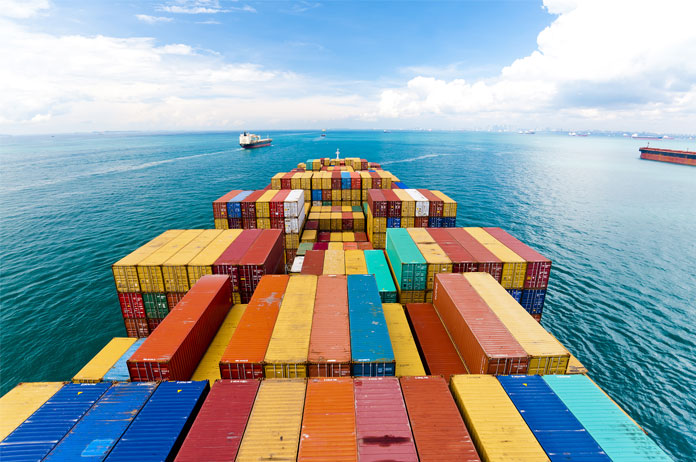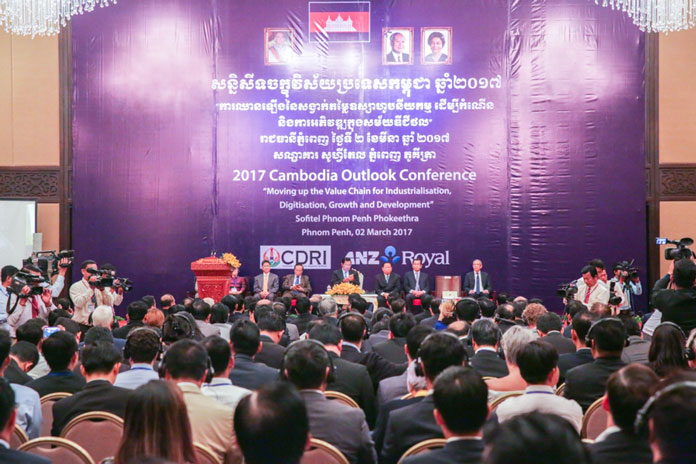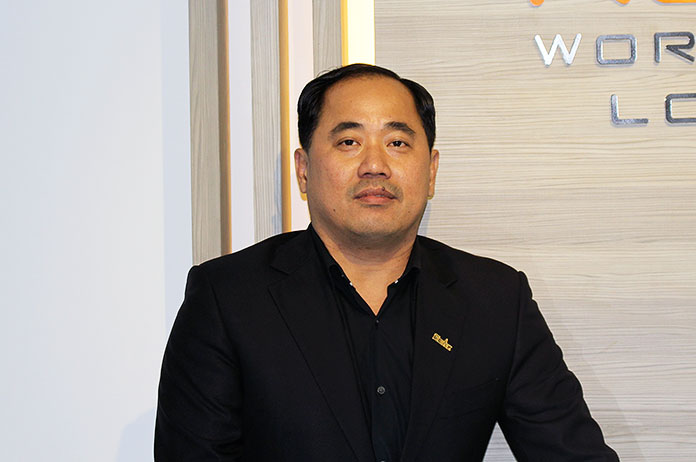Despite Challenges, Cambodia Continues Rapid GVC Integration

In the last 10 years, Cambodia’s participation in the global value chain (GVC) has increased dramatically, but transportation and infrastructure shortcomings are inhibiting the country from integrating into regional supply chains at a faster pace, experts concluded during a conference held last week at Hotel Sofitel Phnom Penh Phokeethra.
The event, dubbed 2017 Cambodia Outlook Conference and organised by the Cambodia Development Resource Institute and ANZ Royal Bank, brought together distinguished economists, lawyers and private sector representatives to discuss ways Cambodia can move up the global value chain. The global value chain refers to the sequence of steps performed by firms in various countries to bring a product from conceptualisation to its final form, when the product is ready for the final consumer. According to Khoon Goh, head of Asia research for the ANZ Group and panelist at the conference, the Kingdom’s participation in the GVC has increased substantially in the last decade, being most active in apparel and footwear value chains, but also becoming increasingly involved in electronics, auto components and vehicle assembly. Dr. Sok Siphana, principal at law firm Sok Siphana & Associates, reiterated that the progress made by the country is remarkable and noted that Cambodia is quickly catching up to developed economies by virtue of its “very liberal” policies that enables the Kingdom to “learn from the rest of the world”.

However, to reach the next step of development, panelists agreed it is crucial for Cambodia to climb up the global value chain by transitioning from labour-intensive, low-value added manufacturing to a skills-driven, technologically advanced industry. Cambodia’s current role in the GVC is that of an assembler, putting together parts and components conceived and manufactured in advanced economies such as Japan and Korea. According to ANZ’s Goh, assembling is the activity that adds the least value to the final product and generates the least revenue for the company, while conceptualisation, which typically happens in the most developed nations, is the most lucrative part of the production process. Marketing and branding are also high-value activities, added Goh. To ascend the GVC, Cambodia needs to take a serious look at its infrastructure, said Rithy Sear, chairman of the Kerry Worldbridge Group. “We don’t have the logistics and transportation capabilities and the infrastructure we need to take the next step,” said Rithy, whose firm is currently building a 63-hectare industry and technology cluster located 17 kilometres south of Phnom Penh city.

Rithy also stressed the importance of developing a strong small- to medium-sized enterprise policy to include smaller companies into the value chain. “The government needs to consult regularly with local investors to create more effective policies,” he said. To create value by producing products at the source and avoid paying costly shipping rates, Rithy said the government should strengthen its “one village, one product” program, which he said has proven to be very successful. The “one village, one product” (OVOP) movement is a production model that encourages artisans and manufacturers in each village to focus on one single commodity according to the resources available locally. The movement started in Japan in 1979 and has been successfully tested in other markets around the world, such as in Thailand, Malaysia and the Philippines.
The Cambodian government adopted OVOP as a key element in its strategy for poverty reduction in 2011. David Van, Bower Group Asia’s managing director for Cambodia, said the government should focus on strengthening business facilitation and building local capacity. Meanwhile Dr. Ruth Banomyong, director at the Centre for Logistics Research at Thammasat University in Bangkok, said tackling corruption was key. “Paperless is important, but not as important as peopleless,” said Banomyong, who advocates for the complete digitalisation and automatisation of customs procedures to eliminate human interactions that open the door to unofficial payments and other forms of corruption.
To build effective and skilled human capital and help the country transition to a skill-based industry, the government should focus on fostering relations between the private sector and higher education institutions, said Dr. Siphana. “We need partnerships between companies and universities to go up the value chain.” About 60 percent of global trade in 2013 – about $20 trillion – consisted of intermediate goods and services exchanged as part of global or regional value chains, according to a conference brief handed out during the event. Cambodia’s GVC participation, as stated in the brief, is 49 percent, slightly lower than those of Vietnam and the Philippines.